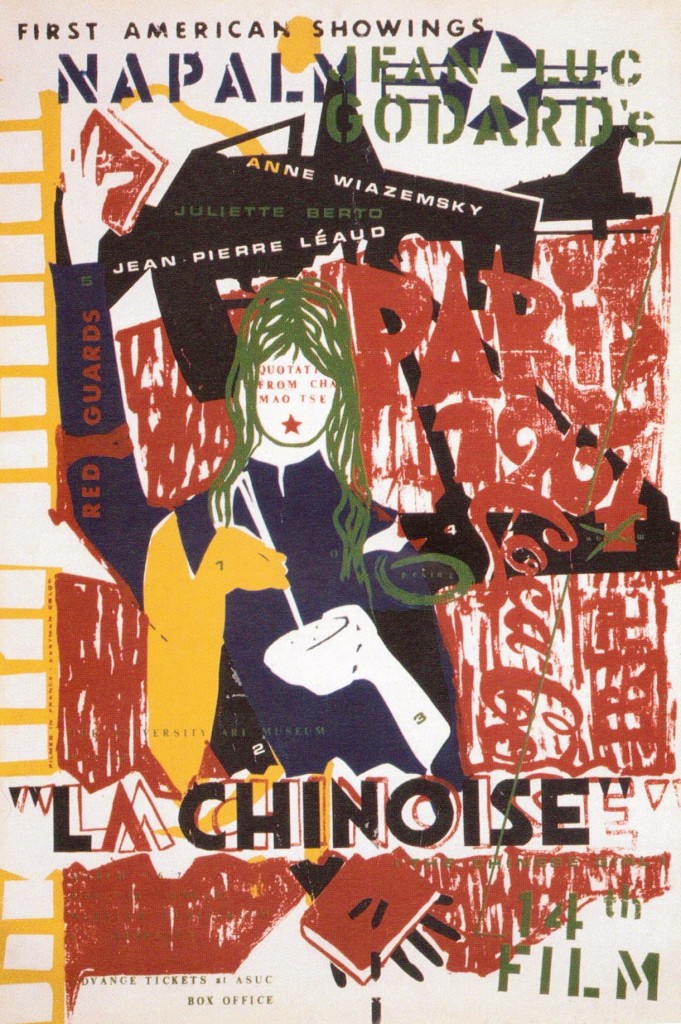Nov 30, 2012 0
Feb 16, 2010 0
Hunger [Steve McQueen, 2009]
Steve McQueen’s Hunger comes out on DVD today from Criterion, and I can’t think of an art-house title from the past year that is more deserving of the “Criterion” treatment (including what must surely be a harrowing Blu-ray release). A video artist turned feature filmmaker, McQueen refuses to talk about his work in convenient, journalist-friendly soundbytes, or define what it’s about for the viewer. In an interview, he cites a conversation between Pauline Kael and Jean-Luc Godard as a source of inspiration for Hunger:
“I found this interview that Godard did with Pauline Kael two days after Bobby Sands died, where Godard essentially said, “The reason why Bobby Sands is important is because he’s childish.†I got this image in my head of this child sitting at the table with some food, and the parents saying, ‘You’re not leaving this table until you finish eating it.’ The kid says no, wrongly or rightly. What time a child goes to bed, or the clothes a child wears, those things are dictated to by experience, and it’s a common situation that the only power a kid has is to refrain from eating. It’s a situation all of us know.”
I love how that one word “childish” spurs an image that allows McQueen to take a specific historical moment — the hunger strike of Bobby Sands — and translate it into a common experience. Here’s what Godard said in the actual interview (Pauline Kael is asking him about film being used a a political weapon):
JLG: …I think a good example is La Chinoise…It was made in 1967 before the 1968 events in France, before the Weatherman here, before the Baader-Meinof in Germany, or the Red Brigade in Italy. At the time it was hated by the left, who said, “These people are ridiculous.” And today, after seeing it fifteen years later, we discover that all of those people, even Bobby Sands a few days ago, are childish, and it’s because they are childish that they are important people.
“Childish” here isn’t used as pejorative — Godard seems to be using it as an adjective to encapsulate a strength of conviction, an uncompromising will, and a sense of stubborn refusal. In La Chinoise, there is a pivotal scene in which the university student Veronique has a conversation with Francis Jeanson, a leftist professor. He repeatedly questions her morals, her anger, and what he considers to be her childish revolutionary actions.
It is evident that the second part of Hunger, in which Bobby Sands confronts a priest who tries to dissuade him from becoming a martyr, is directly inspired by this train conversation. Like La Chinoise, they argue in a very long take, almost in silhouette, forcing the viewer to focus on the dialogue.
Other McQueen news: I recently dropped by his show at Marian Goodman, and despite having missed Yoko Ono by mere moments, I was a bit underwhelmed by Giardini (his film from the Venice Biennale). There is a lovely piece called Static in which McQueen circles the the Statue of Liberty from a helicopter, that transforms the tourist trap back into an object of awe and wonder. It’s a must-see for video art enthusiasts and McQueen completists.
His next project? A biopic about the Nigerian singer Fela Kuti, which will hopefully sidestep the clichés of the genre and will undoubtedly be visually and sonically arresting.
Dennis Lim’s review of Hunger in The New York Times
A nice breakdown of important moments in McQueen’s career from New York Magazine

